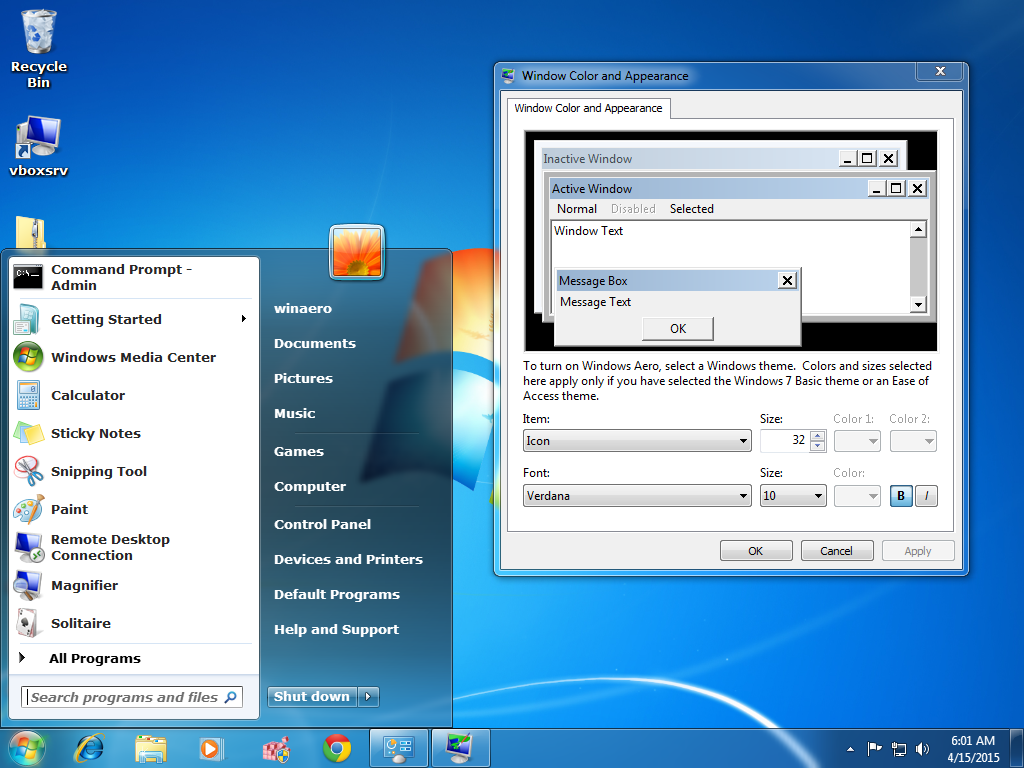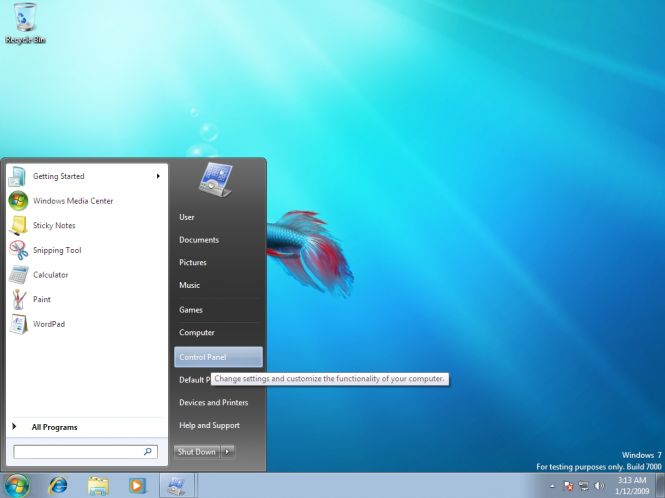Table of Content
- You asked: What is the difference between Windows 7 Starter Home Premium vs Ultimate and Professional?
- Difference between Windows 7 Starter and Windows 7 Home Premium
- Special-purpose editions
- Windows 7 Starter vs. Windows 7 Home Premium Edition
- Windows 7 Starter vs. Windows 7 Home Premium
- Windows 7 Starter Edition
- Windows 7 Starter vs Home
64-bit installation media are not included in Home-Basic edition packages, but can be obtained separately from windows. Windows 7 Starter is a special edition of Windows 7 designed for low-cost personal computers. It includes all the basic features of Windows 7, such as the Start menu, taskbar, and Windows Media Player. However, it does not include some of the more advanced features found in other editions of Windows 7, such as the Aero Glass interface, multi-touch support, and DVD playback. Windows 7 Starter is typically pre-installed on netbooks and other low-cost laptops.

If not, the door is WIDE OPEN for linux to make a come back on netbooks. It would be a perfect opportunity for Google to release the desktop OS they are said to be working on. As the name suggests, the Home Premium is designed for home users, the Professional one is for professionals who need advanced features such as remote desktop and location aware printing. The Ultimate edition is for users for users who need or who would like to have every feature present in Windows 7.
You asked: What is the difference between Windows 7 Starter Home Premium vs Ultimate and Professional?
It is able to change the desktop background and visual style. And it has no limit in opening applications concurrently. Have a sneaking suspicion that this might bite ms in the backside. At any time i have email thundrbird, firefox for browsing and vim for text editor open to work. So they’ll be pushing their poorest customers into the welcoming arms of google. Most people are only exposed to a new operating system along with a new computer.

According to Microsoft, the features for all editions of Windows 7 are stored on the machine, regardless of which edition is in use. Microsoft announced Windows 7 pricing information for some editions on June 25, 2009, and Windows Anytime Upgrade and Family Pack pricing on July 31, 2009. So we can't map to a shared folder or connect to a network printer?
Difference between Windows 7 Starter and Windows 7 Home Premium
Microsoft still supports in-place upgrades from a lower edition of Windows 7 to a higher one, using the Windows Anytime Upgrade tool. There are currently three retail options available . There are no family pack versions of the Anytime Upgrade editions.
It can also be purchased as a standalone product from Microsoft. The starter edition can be defined as the stripped down version of Windows. The “Aero glass” feature is missing in this edition and users are able to get only the basic view.
Special-purpose editions
Certain personalization features such as window colors, sound schemes and desktop backgrounds are also missing in this version. MS did try to sell XP Starter in undeveloped countries, and what good did it bring to them? If you live in undeveloped country, even a 50$ price isn’t that low, and paying for a completely crippled OS is simply a no go. I live in Serbia, and the most people here didn’t even hear of starter, and why should they if they can go to the local pirate and get XP Pro for 2-3 bucks. As for Win 7 Starter, it’s no less rubbish idea than the previous cheep OS Microsoft had. If I had oportunity to choose between linux and win 7 starter netbook, that come at almost same price, I’d rather go with a linux distribution that works, than with windows that doesn’t.
With Vista, they’re clueless, and nobody has even heard of Windows 7 yet. If someone buys a new netbook that has a Windows 7 sticker on it, that’s what Windows 7 is to the person who bought it. Unfortunately, Microsoft is so focused on trying not to erode their bottom line, they might make a huge mistake with what SHOULD be a phenomenal operating system release. They’ve worked hard on making Windows 7 a solid OS. They really shouldn’t shoot themselves in the foot like this.
I say let microsoft put starter edition on netbooks, then consumers will get pissed off and everyone can switch to linux, sound fine by me. I had the option of the base model or the upgrade . Of course, I went with the upgraded one, but the surprising thing was for all that, it only cost $100 more.
This is specially designed for netbook computers and it cannot be installed on the standard computers. This is available only as an upgrade on netbooks like HP Mini 110 and Dell Inspiron Mini 10v. I think netbook manufacturers will put tremendous pressure on Microsoft to come up with a better solution. No one wants a crippled OS, and $100 for an OS is too high on a netbook. Either Microsoft will relax its limitations for the starter edition, or they will lower the price of home premium.
Home versions emphasize the multimedia experience. For the buyer who has to have it all, the Ultimate version leaves nothing out. Furthermore, 64-bit versions are available for all platforms. The table below lists which upgrade paths allow for an in-place install. Note that in-place upgrades can only be performed when the previous version of Windows is of the same architecture. Windows 7 starter and Windows 7 Home Premium are operating systems developed by Microsoft.

An alternative for computer makers is to install Windows 7 Home Premium, which will have most of the features users will expect of the operating system, including the ability to multitask. It will also cost more and could drive up the cost of netbooks. Which would be fine if netbooks were brand new devices. But low cost mini-laptops running Windows XP Home Edition or various Linux distributions have been around for over a year now. Windows 7 Home Premium can be sued for creating home network and you can easily share photos, videos and music.
You do not get aero peak and task bar previews, personalization of window colors and sound schemes and you also cannot customize the desktop background. If you want to switch then you need to log off in this version. • Home premium also support XP mode that allows users to run programs designed for Windows XP but this mode is not present in starter edition. The Starter version is available only pre-installed on low-end PCs .

Modern netbooks are more than capable of running Win 7 HP and will simply feel throttled with Win 7 SE on. I’m waiting to buy a new netbook with Win 7 on, but I will only buy if I can get the HP version. …and the last time you purchased a netbook it had Windows XP Home Edition and cost $350, then you’re obviously going to gravitate toward the Windows 7 Starter Edition. And then you’ll probably be dissapointed at the limitations.
Only Home Premium, Professional, and Ultimate were widely available at retailers. The other editions focus on other markets, such as the software development world or enterprise use. All editions support 32-bit IA-32 CPUs and all editions except Starter support 64-bit x64 CPUs.

The operating system is also more secure and offers plenty of extra eye candy like live previews of running programs from the taskbar. And the beta version is based on Windows 7 Ultimate, which will be the top of the line version of the operating system. This option is always available and is required for all versions of Windows XP.
No comments:
Post a Comment